Articles
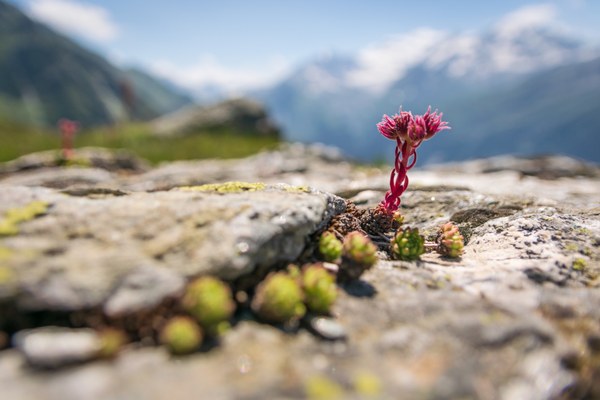
Under the magnifying glass
What treasures and resources are hidden in the Alps? How do we deal with them as sustainably as possible? These and similar questions are posed in the August 2021 issue of SzeneAlpen.
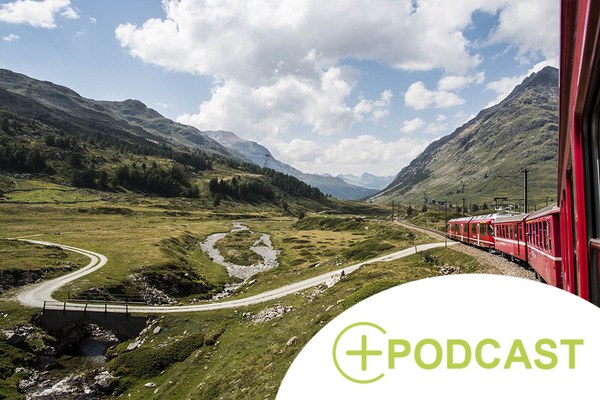
Mobile in the Alps
By rail, by road, by mountain path: numerous CIPRA projects show just how diverse sustainable mobility can be.
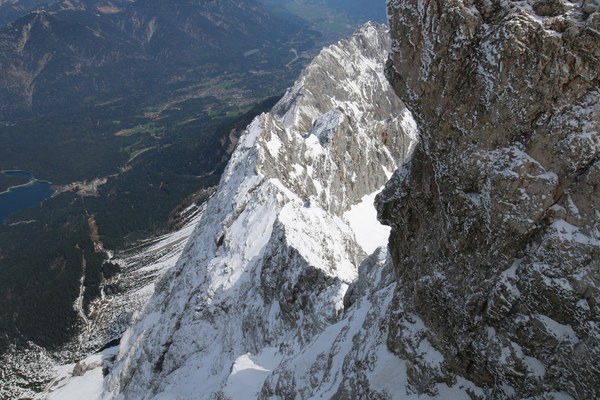
Climate crisis makes mountains crumble
Rockfalls and rockslides are nothing new in the Alps, but dwindling permafrost is making the situation even worse – for mountaineering and for villages.
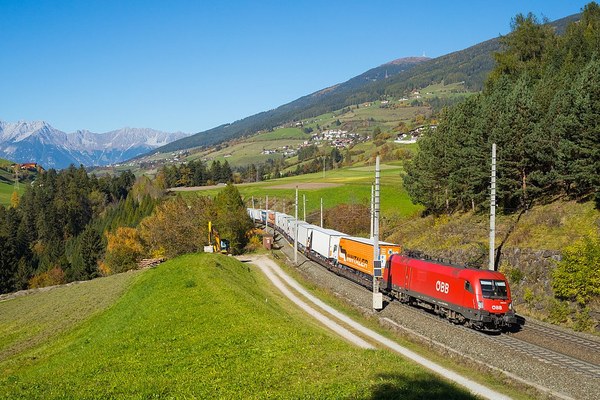
Ill-chosen incentives may fuel transit
More e-trucks instead of a shift to rail: a new EU directive could further fuel the burden of freight traffic through the Alps.
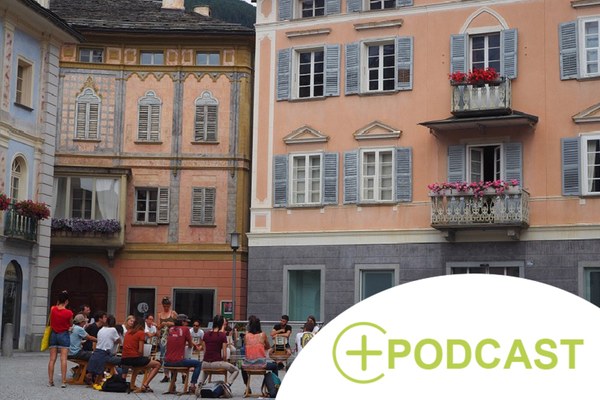
Changing the Alps together
Integrating marginalised groups better, reviving ghost towns in the Alps, or organising a meeting on “Rural Commons”: the first “Alpine Changemaker Basecamp” (ACB) in Valposchiavo/CH at the beginning of July 2021 saw around 30 participants from the Alpine region further developing their projects for a liveable future in the Alps.
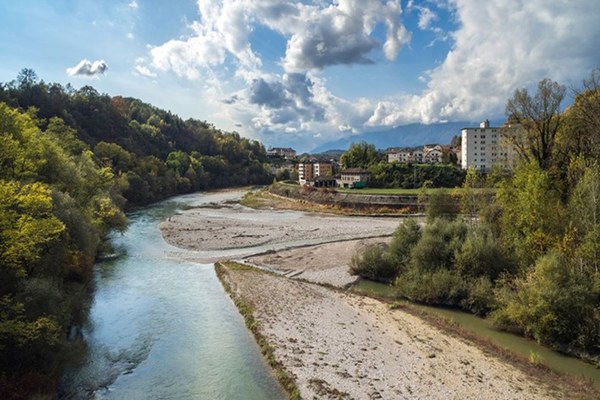
Climate protection: from plan to action
The Alps as a climate-neutral, climate-resistant region by 2050: this is the objective of the newly launched “Climate Action Plan 2.0” of the Alpine Convention. Concrete steps will now follow in such areas as mountain farming, spatial planning and biodiversity.
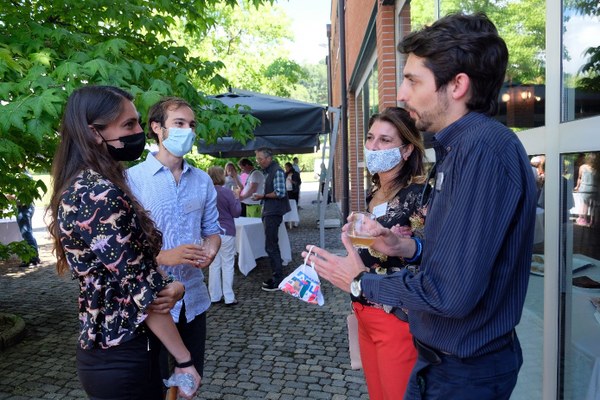
How much is nature worth?
Alpine pastures that provide us with food. Trees that provide a pleasant microclimate. Alpine landscapes that heal and touch. At the beginning of July 2021, around 100 participants from all Alpine countries discussed the benefits and value of nature in the Alpine region at CIPRA’s Annual Conference in Biella/I.
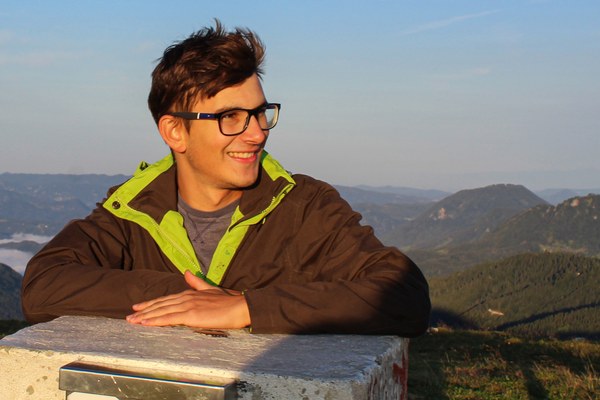
Point of view: We need an Alpine Ticket for public transport
Homeschooling, no public transport and closed borders: the corona crisis has revealed some aspects of life that people did not previously appreciate so much. An Alps-wide ticket for public transport could tackle all of these issues, as Rok Brišnik explains. He studies Geography and History at the University of Ljubljana/SI and is a member of the CIPRA Youth Council (CYC).
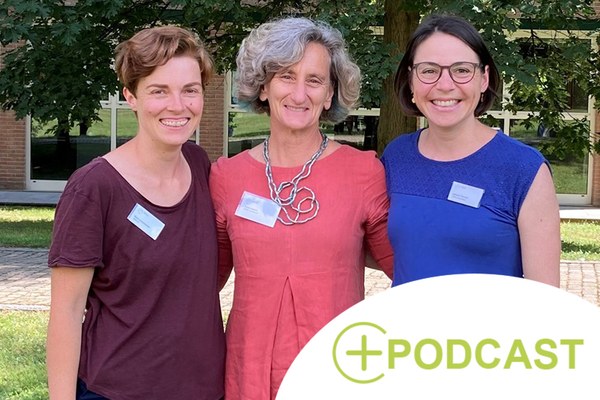
New dual leadership for CIPRA
Bianca Elzenbaumer and Serena Arduino are the new Co-Presidents of CIPRA International. They succeed Katharina Conradin, who has been in office for almost seven years.
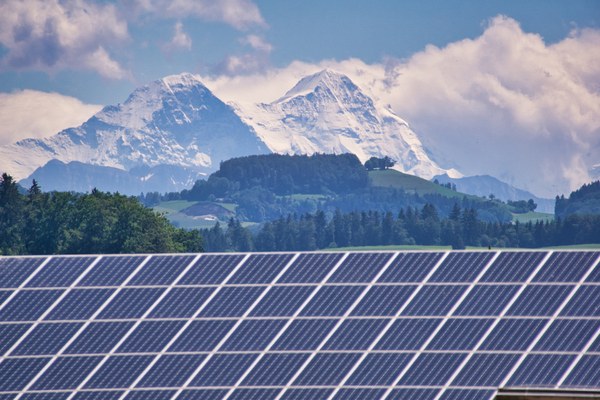
CO2 legislation: more courage needed
While the new CO2 law in Switzerland has for the time being failed, a climate protection alliance is forming in Bavaria; Austria is discussing a climate protection law; and in France the Climate Council is taking courageous decisions.
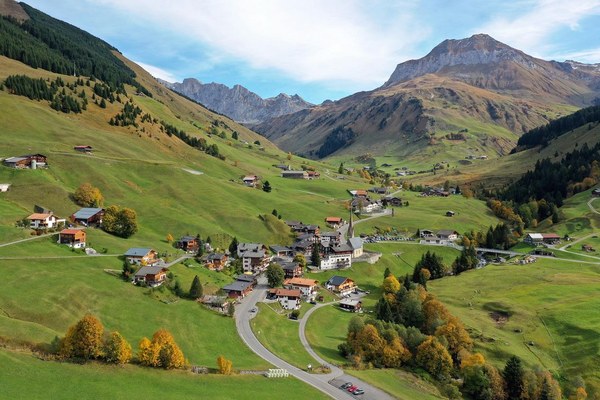
Mountaineering villages: from the Western Alps to the Mediterranean Sea
The “Mountaineering Villages” initiative unites small communities in the Alpine region that focus on gentle tourism and nature conservation. Now there are six new members from Italy, Austria and, for the first time, Switzerland.
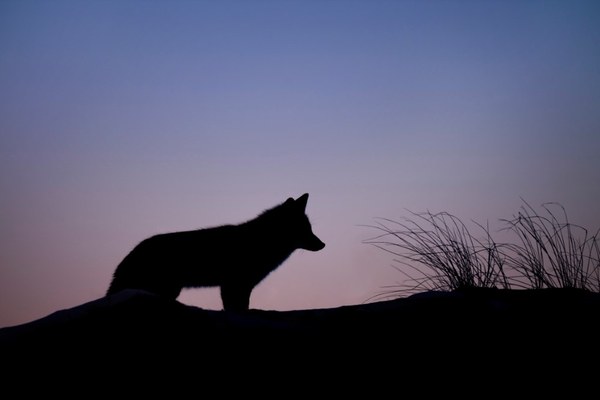
Dangers with wolves
The wolves are back: a CIPRA project now sheds light on why transparent communication, professional herding and more networking are needed.
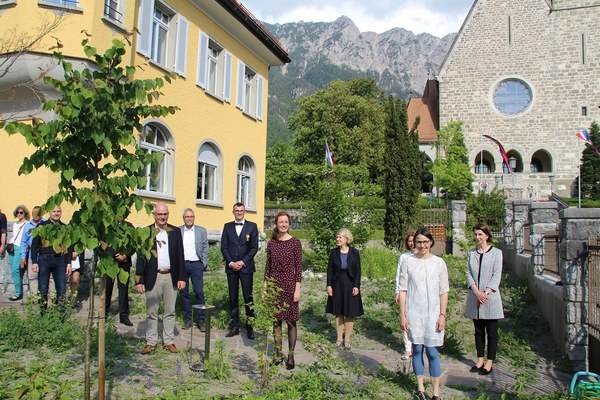
“Netzwerkstatt Alpen” ceremonially opened
The official inauguration of the building, an open day and a visit from the “Klimaspuren”: a number of events took place at the “Netzwerkstatt Alpen” in Schaan/LI on the occasion of World Environment Day and the Alpine-wide Climate Hour.
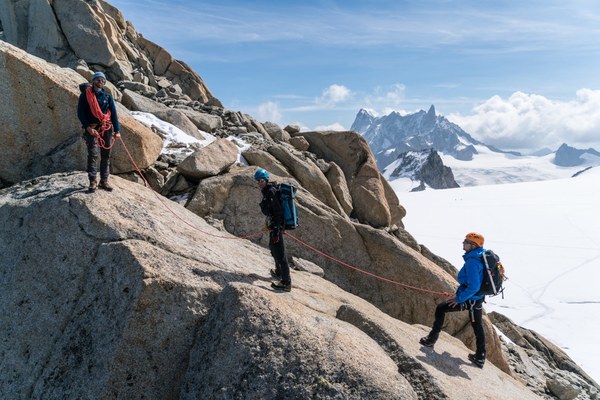
Dutch-Alpine partnership for sustainable tourism
Since 2021 the Dutch Climbing and Mountaineering Association (NKBV) is new supporting member of CIPRA International. Regarding the large impact of Dutch visitors, the aim of the partnership is to contribute to sustainability in Alpine tourism.
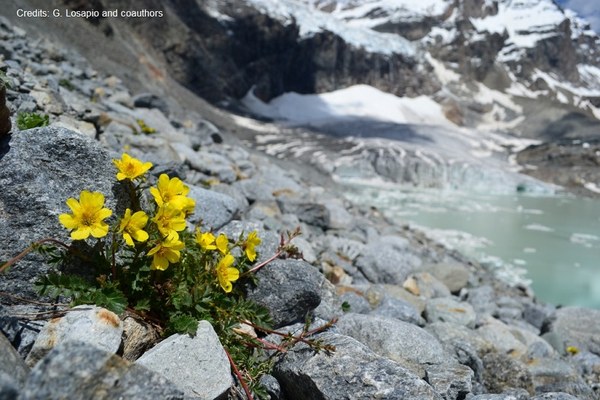
Alpine plants: persistent and endangered
Spiked rue, glacier buttercup, saxifrage: the habitat of such alpine plants is shrinking with the glaciers, as a recent study shows. In addition to climate change, mountain plants are also suffering from nitrogen deposition.
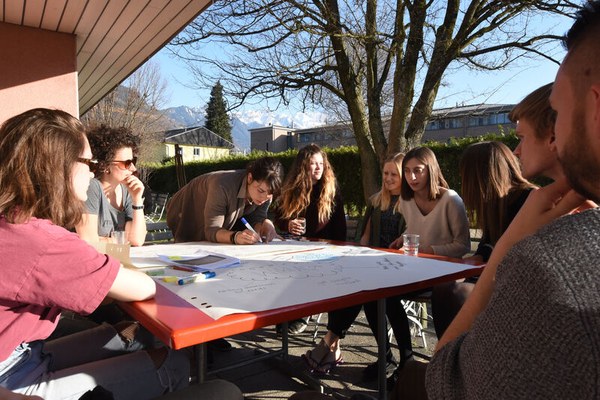
Wanted: Young “Alpine Changemakers”
Creative ideas, fresh impulses and innovative projects for sustainable development in the Alpine region: at the “Alpine Changemaker Basecamp”, young, motivated people will have the opportunity to develop new future perspectives for a good life in the Alps with like-minded people.
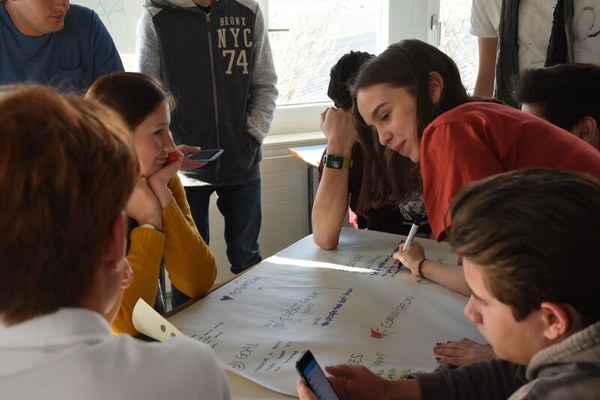
Kick-off for innovative youth projects
Outdoor lessons, a sustainably organised music festival, workshops on waste prevention: young people from Italy, Liechtenstein and Slovenia presented their ideas for a more sustainable future at the kick-off of the Alps2030 project on 9 December 2020.
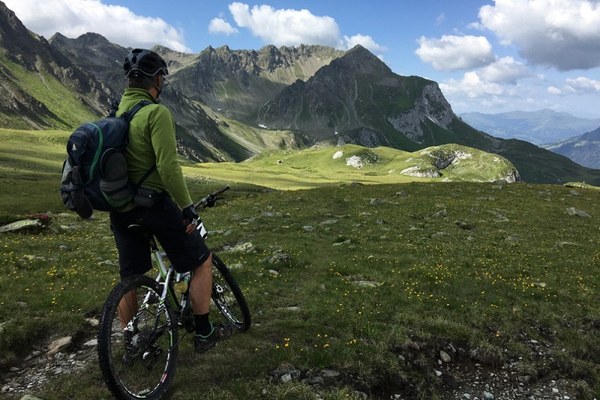
Swiss Chairmanship of the Alpine Convention
Switzerland has chaired the Alpine Convention since the end of 2020. One of the main topics for the next two years will be climate protection.
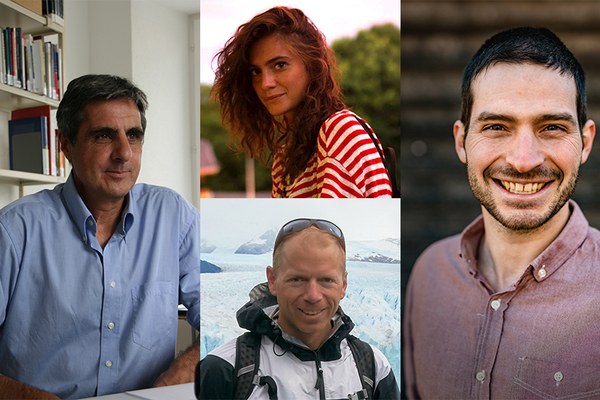
Strong new voices at CIPRA
Stephan Tischler is the new Chairman of CIPRA Austria, Elias Kindle takes over as Executive Director of CIPRA Liechtenstein. At CIPRA International Wilfried Marxer becomes Treasurer and Sofia Farina is Youth Representative on the Board, while Co-Director Barbara Wülser says goodbye.
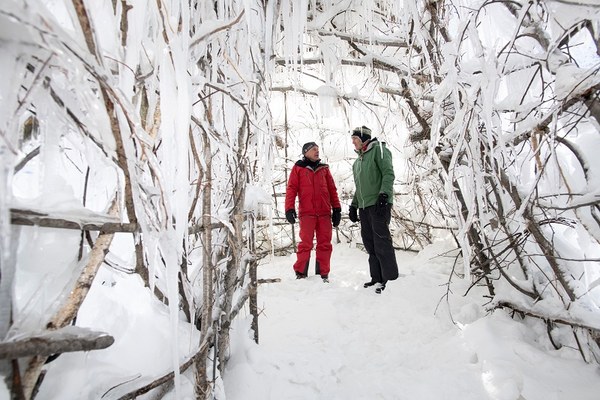
Glacier ice on a stick
Artificial ice cones and “snow ropes”: Swiss glaciologists want to save glacier ice as a water reservoir and make ski resorts more environmentally friendly. The idea comes from the Indian Himalayas.
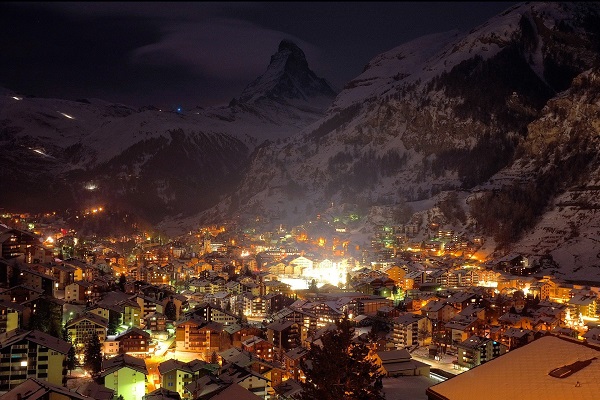
Darkness is worth protecting
Insect mortality, fewer pollinated plants, disoriented migratory birds, disturbed sleeping rhythms: the worldwide increase in light pollution has an enormous impact on flora, fauna and humans – including in the Alpine region.
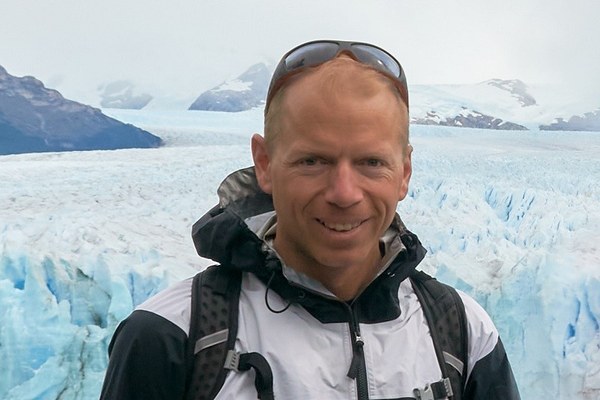
Point of view: For a cultural change in transit traffic
Trade has been the driving force behind cultural and social development in the Alpine region. Transit traffic in its current form, on the other hand, mainly benefits regions away from the Alps. To ban noise and exhaust fumes from the Alpine valleys we need more than a watered-down EU directive, says Stephan Tischler, President of CIPRA Austria.
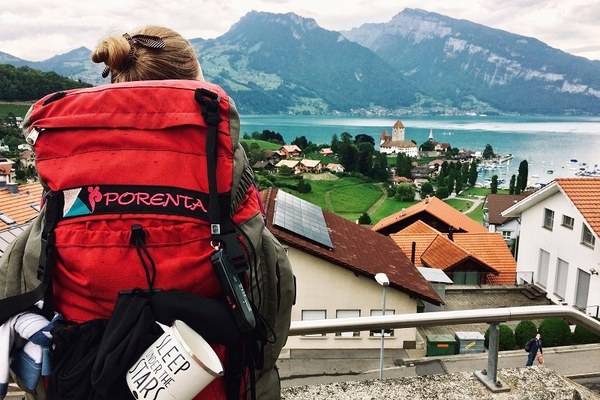
Young, mobile, sustainable
Travelling through the Alps by train in a climate-friendly way: young adults campaigned for more sustainable mobility at the online workshop “Youth Alpine Interrail” in December 2020 at the “AlpenWoche Intermezzo”. They discussed with representatives from politics how nature experiences can motivate more climate protection and which political measures are necessary.
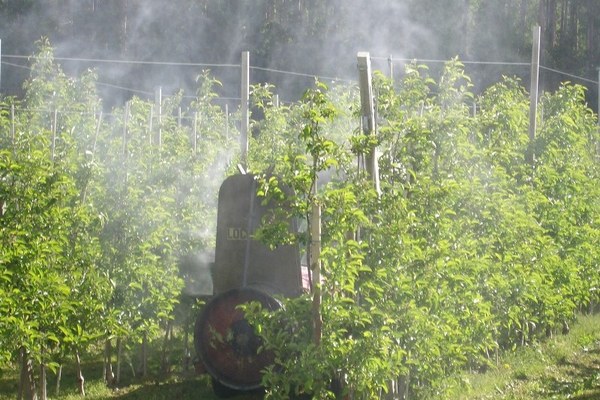
Where pesticides do not belong
On children’s playgrounds, in schoolyards and at the marketplace: researchers from Italy, Austria and Germany detect 32 different agricultural poisons in public places in South Tyrol.
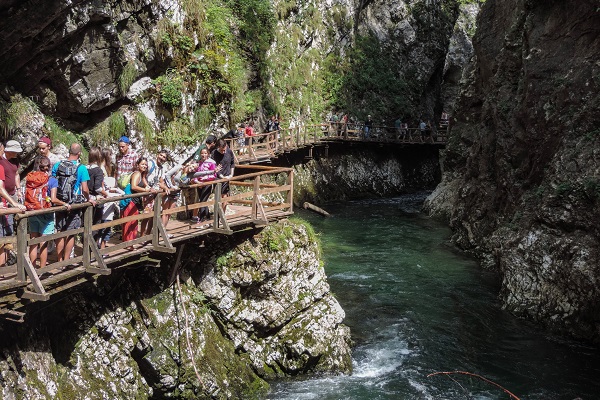
Outdoor tourism as the new mainstream
The corona pandemic, digitisation and health are causing ever more people to spend their leisure time in the mountains. At the online conference “Outdoor tourism with a long-distance perspective” on 16 and 17 November 2020, experts from the fields of science and the industry discussed how sustainable and socially acceptable tourism in the Alpine region can succeed.
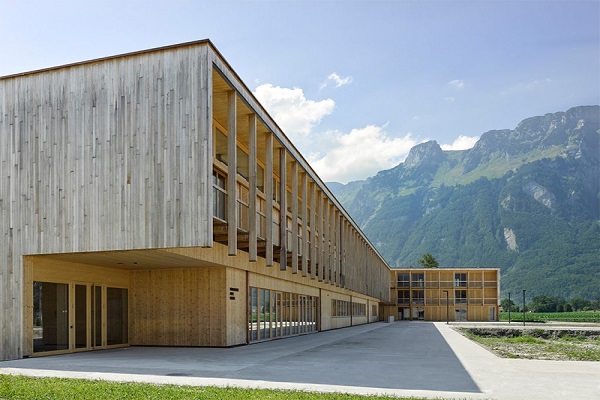
Outstanding architecture
Climate awareness meets aesthetics: Switzerland and Liechtenstein are awarded the “Constructive Alps” architecture prize for sustainable renovation and construction in the Alps for the fifth time.
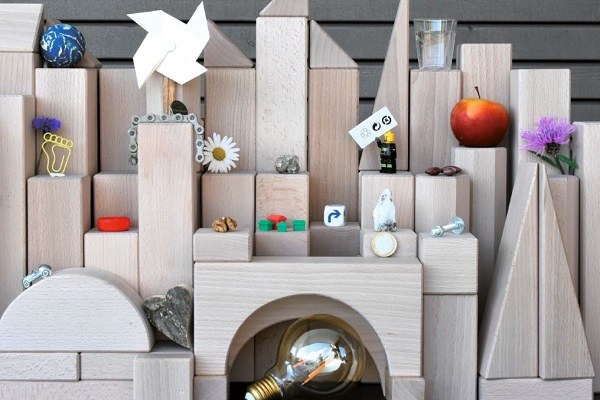
The Alps as Commons
How does ecologically sustainable management in the Alpine region contribute to a better quality of life? Answers and food for thought are provided by the themed booklet SzeneAlpen, published in November 2020.
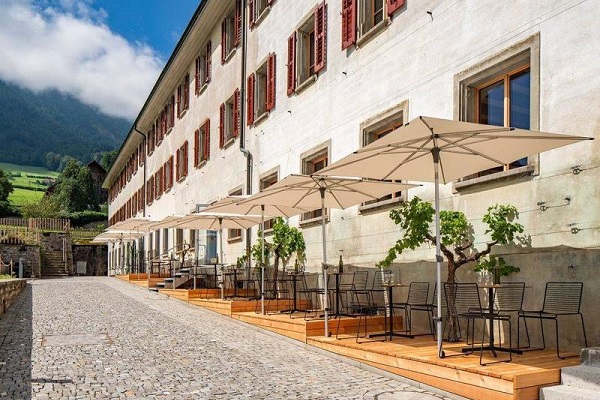
Developing Alpine culinary arts
The first competence centre for regional culinary arts in the Alps opened in autumn 2020 with the “Culinarium Alpinum” in Stans/CH, showing how the cooperation of various players is revitalising and developing Alpine food culture.
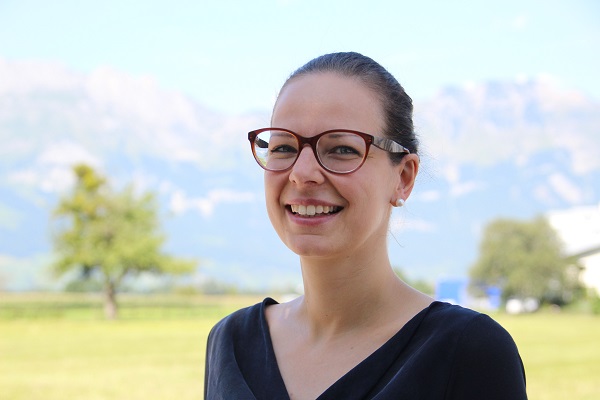
Point of view: A plea for colourful cities
Corona has strikingly shown how important accessible local recreation areas are for our well-being. Over 70 percent of the Alpine population live in cities. There is a great deal of potential for action there in particular, says Magdalena Holzer, Project Manager at CIPRA International.
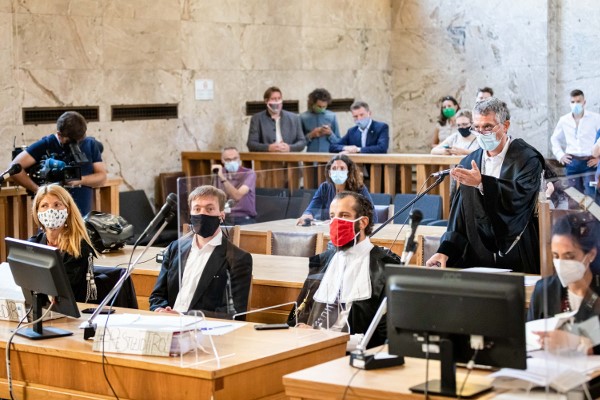
Pesticides trial opens
No criticism of pesticides wanted: a South Tyrolean provincial council, along with over 1300 farmers, has accused pesticide critics of libel.